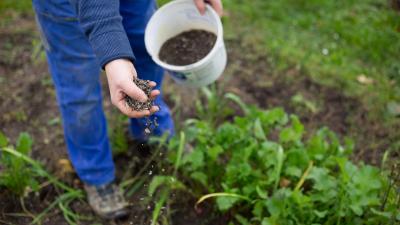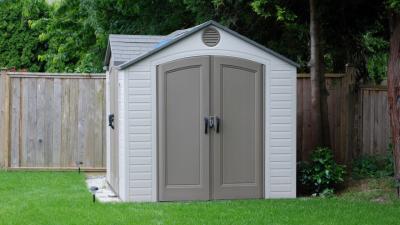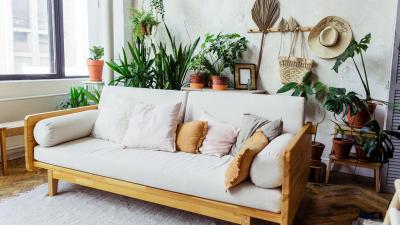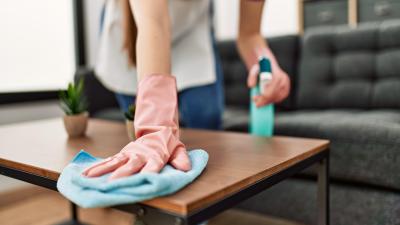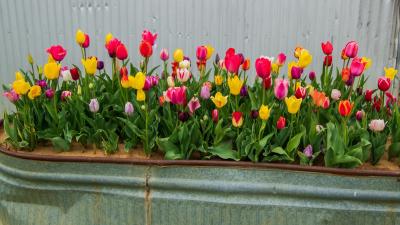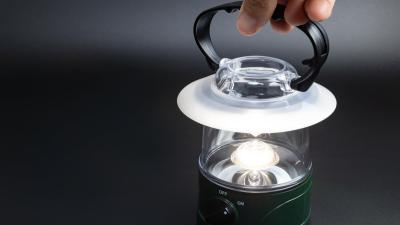environment
-
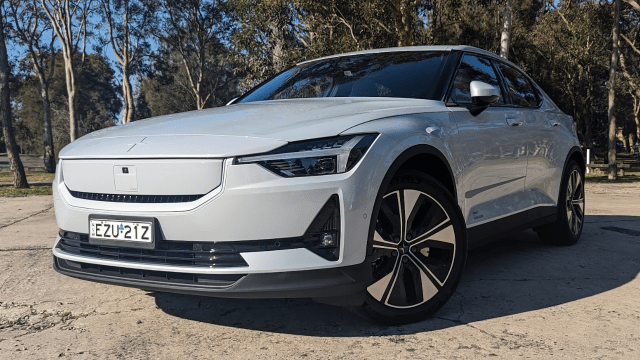
The 9 Things to Consider When Buying an EV in Australia
When you’re thinking of buying an electric vehicle in Australia, keep these nine things in mind before you make the purchase.
-
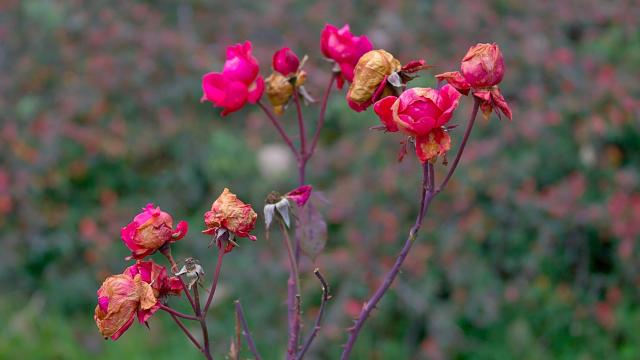
How to Save Wilted Roses in Your Garden
Rose bushes have long been a popular foundation plant, often positioned in front of windows so that people inside can enjoy the blooms — which often appear in the spring and stick around until early fall. While the hardy plants do require care and attention, taking the time to remove dead or dying flower blossoms…
-
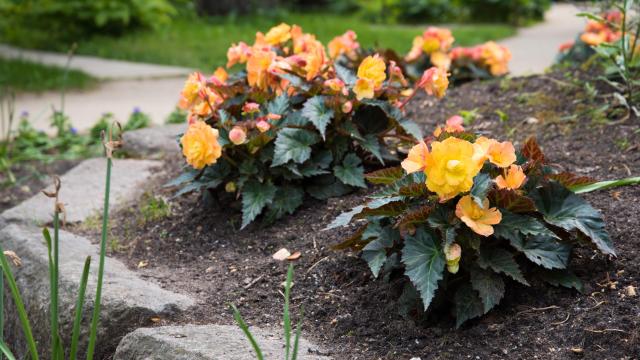
The Best Low-Maintenance Plants for Your Garden
Having a beautiful outdoor space is a spring and summer aspiration for many, but keeping up with all the weeding, watering, trimming, and mowing can be hard. Lots of gardeners enjoy working in their yards, but many people want the look without all the hassle. Luckily, there are plenty of plants you can successfully grow…
-

You Can Design Your Garden to Deter Snakes
Snakes are often helpful for their ability to keep pests like mice in check in our gardens — but you probably also don’t relish the idea of coming across a poisonous one in your yard while you’re weeding. We generally prefer them to be helpful at a distance, which we can encourage by what we…
